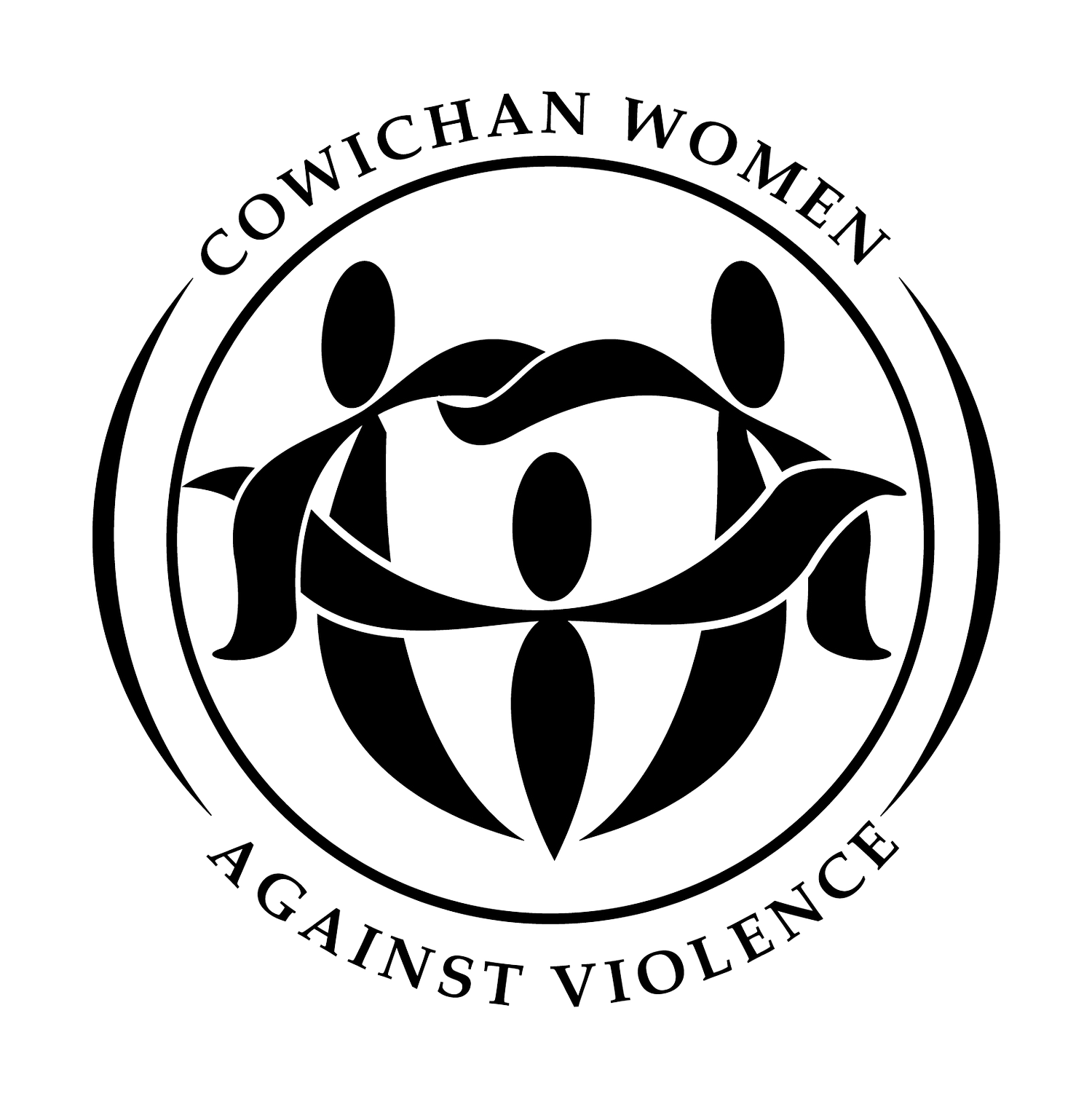
You Are Not Alone
Empowering People Impacted by Violence.
Cowichan Women Against Violence (CWAV) Society works from a feminist perspective to provide a supportive environment primarily to women and children who have been impacted by violence. We support diversity, change, choice and growth through counselling, advocacy, emergency shelter, community development and education.
If you are in immediate crisis after business hours, please call the 24/7 Vancouver Island Crisis line at
1.888.494.3888
Confidential, Professional Counselling Services for Diverse Needs
CWAVS offers a number of free counselling programs for women and families who are experiencing violence or abuse in a current relationship or have experienced an abusive or violent relationship in the past.
Legal Advocacy and Assistance
CWAVS provides free and confidential advocacy and connection to legal information and resources to people with legal poverty related issues; including applying for provincial and federal benefits of all kinds, appealing denials, tenancy issues, debt and collections, employment problems, human rights issues, and more.
Safe Housing
CWAVS has a variety of safe housing options for women seeking an escape from abuse for themselves and their children. We also offer transitional and temporary housing for women experiencing homelessness.
2023 Annual Report Statistics Highlights
3,933
Clients Served Across 25 Programs
389
Homelessness
Prevention Services
549
Clients Accessed Counselling Services
299
Clients Accessed Poverty Law Services
325
Students Reached

We Are Here To Help You Take The Next Step
We are not an emergency service; our contact form is responded to only during business hours at the earliest opportunity. If it is an emergency, please call 9-1-1. If you are in crisis after regular business hours call the Somenos House to speak with a crisis counsellor at 250.748.8544
Contact
Ready to take the next step? We can help. Call or email our office to be connected to a service that suits your needs.
Email
cwav@cwav.org
Phone
(250) 748 7000









